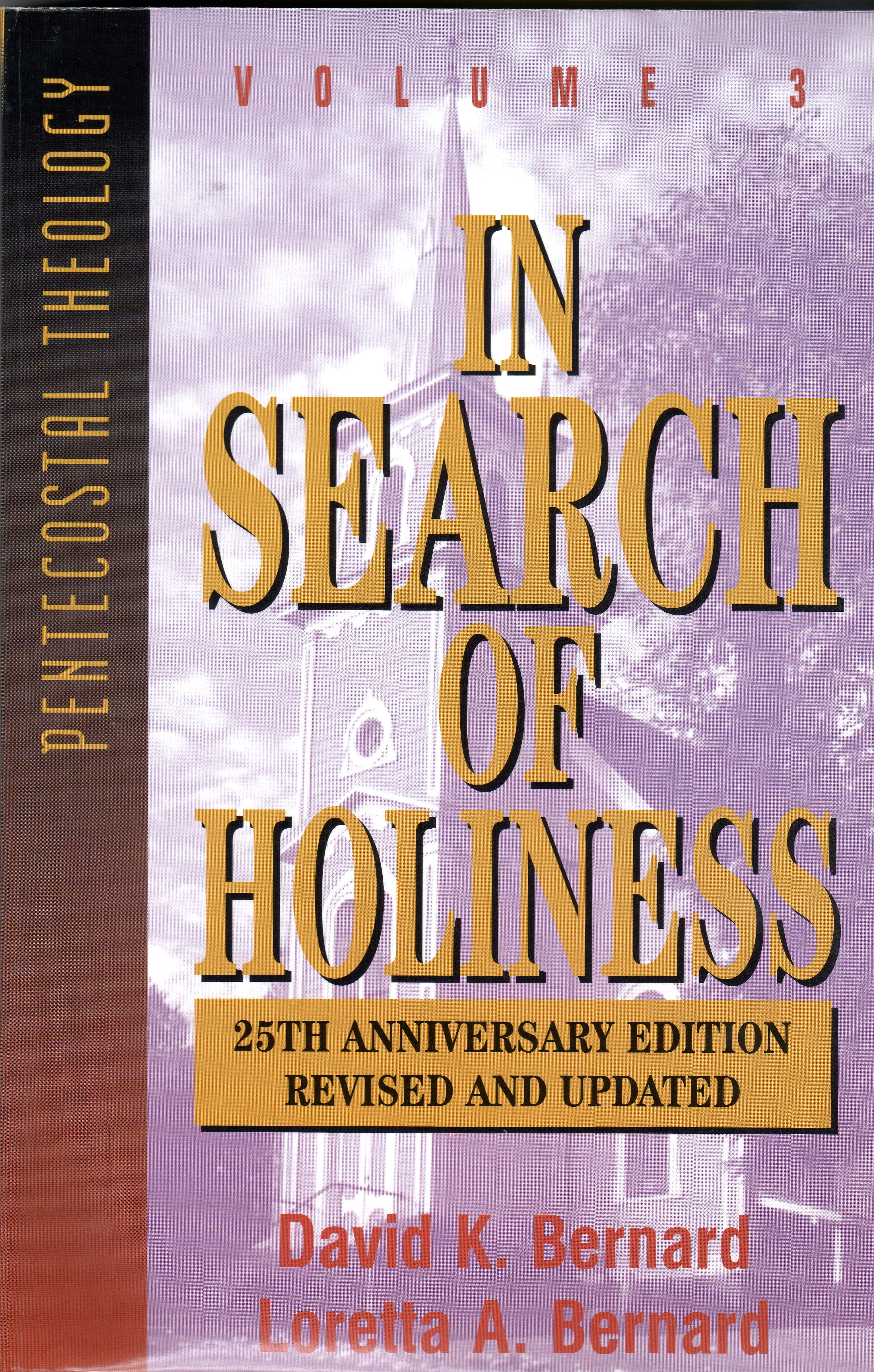We can also ask, “What would Jesus do in this case?” “What would we do if Jesus were physically accompanying us or visiting us?” Our objective is not to see how close we can get to the world and still be saved, or how many worldly things we can do and still not be considered a backslider. Rather, we want to do God’s will at all times and to be identified with God in the eyes of others.
By David K. Bernard
To View the Entire Article, Click Here
To Download the Article Directly to Your Computer, Click Here
To View the Outline, Click Here
To View the PowerPoint, Click Here
Love not the world, neither the things that are in the world. If any man love the world, the love of the Father is not in him (I John 2:15).
Abstain from all appearance of evil (I Thessalonians 5:22).
Guidelines. In the twenty-first century, we encounter many circumstances that first-century believers did not face. While no biblical statement specifically addresses these situations, we should identify basic principles of Scripture and learn to apply them to our day. As a body of believers and as individual Christians, we must learn to follow the leading of the Spirit in these cases.
As explained in chapter 8, we have Christian liberty in areas that the Word of God does not specifically cover, but we are to exercise that liberty in a responsible manner.
(See Romans 14:1-23; I Corinthians 8:1-13; 10:23-33.) First, we must follow the convictions God has given us. (See chapter 1 for the need of personal convictions.) At the same time, we should not do anything to cause someone else to misunderstand, stumble, or fall. We should not judge one another or belittle the convictions of others. From the discussion of eating food offered to idols, we discover that some things may be harmless in themselves but are nevertheless unwise because of their effect on someone else. Appearances and associations are important in this regard.
Some things are clearly right, other things are clearly wrong, and some things are questionable. In questionable cases, one guideline to consider is, “Whatsoever is not of faith is sin” (Romans 14:23). This leads us to conclude that if something is doubtful, we should not participate in it.
We can also ask, “What would Jesus do in this case?” “What would we do if Jesus were physically accompanying us or visiting us?” Our objective is not to see how close we can get to the world and still be saved, or how many worldly things we can do and still not be considered a backslider. Rather, we want to do God’s will at all times and to be identified with God in the eyes of others. Where there is temptation and a possibility of sin, “it is better to be safe than sorry.” Moreover, as we draw closer to God in prayer and dedication, we will not want to do anything to grieve Him or to identify us with the world instead of with Him.
The Bible tells us, “Love not the world” (I John 2:15). Here, “world” means the world system, the value system of undegenerated humans—the attitudes, desires, loves, cares, and priorities of sinful flesh. Let us examine this concept in terms of worldly amusement, worldly atmosphere, and worldly appearance.
Amusement. There is nothing wrong with pleasure and enjoyment as such. We do not advocate the idea that something is wrong or suspect because it gives pleasure. God created our minds and bodies with the capacity to have pleasure, both alone and with each other. Jesus came that we might have life and have it more abundantly (John 10:10), which connotes an exuberant, zestful, enjoyable life.
To View the Entire Article, Click Here
To Download the Article Directly to Your Computer, Click Here
To View the Outline, Click Here




